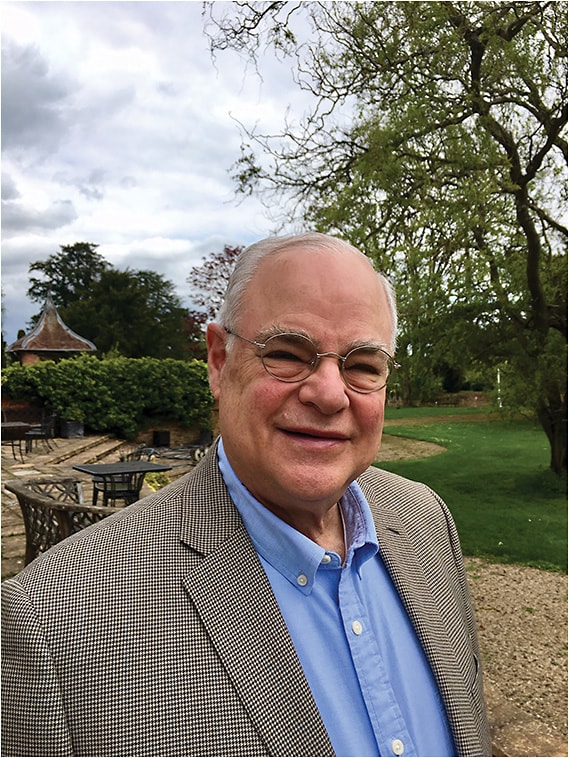COT! sits down with the founder of LensCrafters to get his forthright take on chain retailing + corporate optometry today

Dean Butler knows a thing or two about optical retail. He founded LensCrafters in 1983 and, in the U.K., Vision Express in 1998. And there he stayed.
“I moved abroad to head the business and stayed because I like rural England,” he says. “I’m living in a 410-year-old manor house in the middle of nowhere in Worcestershire. I can’t see another house in any direction.”
Retired? Not exactly. He’s currently on the boards of directors of several companies abroad, including eyeBrain/neurolenses, SuperVista AG (brillen.de ), and eyoto. And, the day COT! caught up with him, he was at a garden party in Hamburg, Germany, and heading to Berlin, Paris, London, and then home over the next three days. So much for retirement!
Outspoken and insightful, Butler was forthright with his answers to COT!’s questions about chain retail, corporate optometry, and more.
MOTIVATOR
Q: What works today?
A. What works now (and always has) is acknowledging that optical is a retail business with an important medical component, not the other way around. Health care is not the motivator for most consumers.
CONSUMERS
Q: Then what is?
A. They are finally realizing that eyeglasses do not have to be expensive. There’s far less regulation of optical retailing and optometry abroad. That keeps prices lower and availability high...producing lots of consumer benefits.
FORMATS
Q: You’ve seen and worked with many optical formats. What stands out now?
A. The most interesting new model is brillen.de in Germany. It’s a lead generation business that is sending patients to traditional optometrists. Product is high quality and supplied by brillen.de . Revenues are shared with the optometrists, and because the product comes directly from manufacturers, the margins enjoyed by participating O.D.s are strong.
MORPHING
Q: What’s next for optical retail in the U.S.?
A. Private equity roll-ups will soon morph into new chains, and traditional private practice is dying. The net result is that the U.S. market will be 75%-80% chains, and the remaining private practitioners will have to differentiate themselves to survive. The best differentiators? Neurolenses and myopia treatment...solutions to real problems.
FOCUS
Q: Do you have any suggestions for young O.D.s?
A. Corporate optometry is the future—for lots of reasons. It’s becoming more and more attractive because corporate O.D.s can enjoy focusing on being eye doctors while someone else does the nitty-gritty of practice and retail management. Today, 70% of new optometry graduates are women, and the flexibility of corporate practice is especially suited and very attractive to them.
Q: How do you think technology will impact optometry?
A. Dead-accurate remote refraction is just around the corner. That will result over time in de-facto separation of acuity testing/Rx determination and health checks. Optometrists will focus more and more on eye health and less and less on refractions. We are likely to wind up with Rx production outside of optometry. COT!



